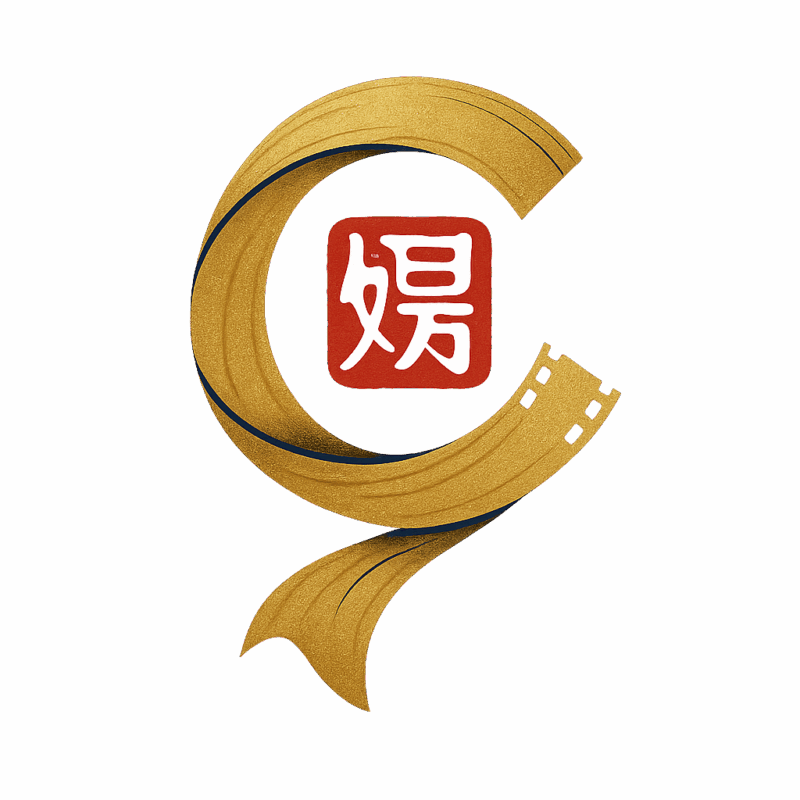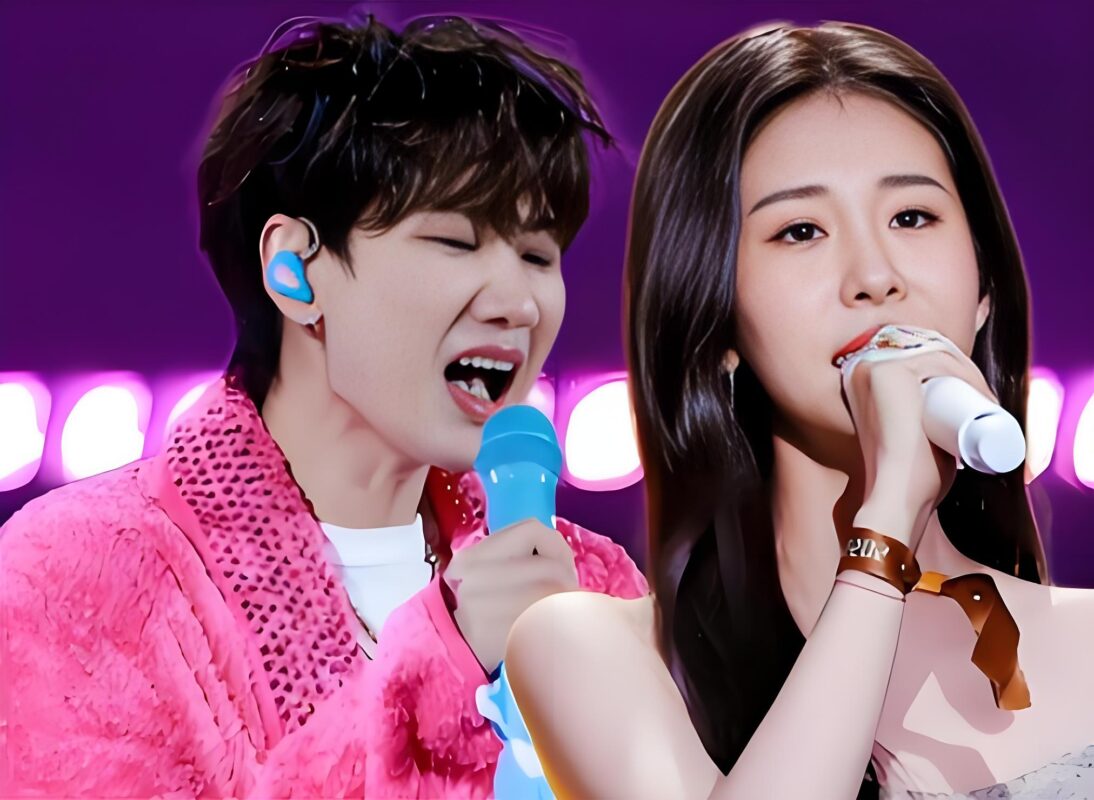1. The Spark: Wangzai Xiaoqiao’s Claim and Immediate Fallout
In mid‑July 2025, online influencer and masked singer Wangzai Xiaoqiao (旺仔小乔)—an enigmatic figure who amassed over twenty million followers on Douyin through faceless cover songs—triggered a major controversy during a livestream when she boldly claimed that the original singer of the song “年轮” (“Nian Lun”) is Zhang Bichen, not Wang Sulong, despite his role as both composer and male version performer. She insisted, “I will only credit Zhang Bichen as the original singer,” with unwavering tone. That seemingly off‑hand statement quickly ignited intense discussion across Chinese social media, unexpectedly drawing two of the industry’s respected artists into a highly polarizing public dispute.
What began as a casual livestream remark rippled into dramatic consequences: Wang Sulong’s team promptly revoked all commercial performance licenses for the song, while Zhang Bichen’s studio issued a statement asserting that she is the “only original singer” and declaring she would no longer perform “Nian Lun” in public.
2. The Core Dispute: copyright, attribution, and identity
• What does “original singer” mean here?
At the heart of the quarrel is the clash between two interpretations: Zhang Bichen’s camp focuses on her first‑release vocal version, whereas Wang Sulong’s camp emphasizes that the song was designed from the outset as a duet, with both male and female versions officially released, making both legitimate “original singers” of the work.
Wang Sulong, credited as the composer and lyricist, holds the song’s copyright ownership, so despite Zhang’s voice popularizing it, his rights extend beyond composition into original performance recognition. His team underscored this by supplying contract and email records showing that both versions coexisted from the start.
• Public relations and power dynamics
Zhang Bichen’s team felt compelled to publicly assert her sole claim, citing contract language granting her “permanent global performance rights,” while simultaneously announcing she would permanently drop the song from her repertoire—a move seen by netizens as a bid to retain honor while minimizing future conflict.
On the other hand, Wang Sulong responded via formal channels and legal authority rather than emotional response, leveraging his copyright ownership to “pull the plug” on all performance licensing, a tactic widely viewed as a demonstration of strong copyright awareness and professional resolve.
3. Fallout: reputational damage, fan reactions, and industry implications
• From influencer to lightning rod
Wangzai Xiaoqiao’s single comment sparked not only the original‑singer controversy but also public reflection on her previous behavior: fans recalled incidents where she verbally attacked strangers during livestreams, revealed personal contact data, and charged high ticket prices for her faceless concert events—leading to rapid follower loss and trending hashtags like #旺仔小乔直播怒怼素人 and #割韭菜演唱会.
Her planned mask‑only concert in Shanghai on August 9, with tickets ranging up to 968 yuan, drew criticism for lack of transparency and perceived overcharging: many questioned how fans could pay premium prices without seeing her face, especially when the outer‑field and inner‑field experiences offer no visual advantage. Following mounting pressure, she issued an apology letter and the concert was postponed, with promises of refunds and corporate refunds announced by the promoter (Tencent News).
• Fan base divides and industry rethinking
The public uproar created a clear rift within the fan communities. Zhang Bichen’s supporters rallied behind her assertion of originality and permanence of performance rights, while Wang Sulong’s fans praised his professional handling and respect for songwriting integrity.
Observers have noted that the incident underscores deeper fragility in artist collaborations and how a single influencer’s statement can unravel years of goodwill. Ultimately, fans and industry professionals alike are confronting important questions: Who truly “owns” a song, and how should attribution, licensing, and public recognition be properly managed in the digital age? .
4. Wider Reflections: Copyright, Influence, and the Digital Age
• Copyright awareness in modern music
This incident shines a spotlight on the importance of clarity in rights distribution and public recognition for creators, especially in a Chinese music industry that is rapidly evolving in licensing standardization. Wang Sulong’s firm action demonstrates that composers now assertively safeguard their intellectual property—not just in the abstract, but in enforceable public and contractual terms.
• Influencers as disruptors
Wangzai Xiaoqiao’s influence—as someone who built a brand on anonymity and covers—shows how non‑professional individuals can inadvertently impact music rights discussions. Her misstatement acted as a catalyst, but also revealed how a high‑profile influencer can manipulate public discourse, generate traffic, and provoke consequences far beyond their own community. That power, wielded responsibly or not, has become a double‑edged sword.
• Artistry versus commerce, collaboration versus conflict
Finally, Zhang Bichen and Wang Sulong’s long-standing collaboration—once celebrated as a highlight of Mandarin OST music—has now soured into public tension. What began as shared musical creation ended with mutual non‑performance plans and legal entanglement. It serves as a reminder that behind every beloved song lies a complex web of rights, recognition, and reputational risk, and that maintaining harmony in creative partnerships requires both mutual respect and clear contractual boundaries.

